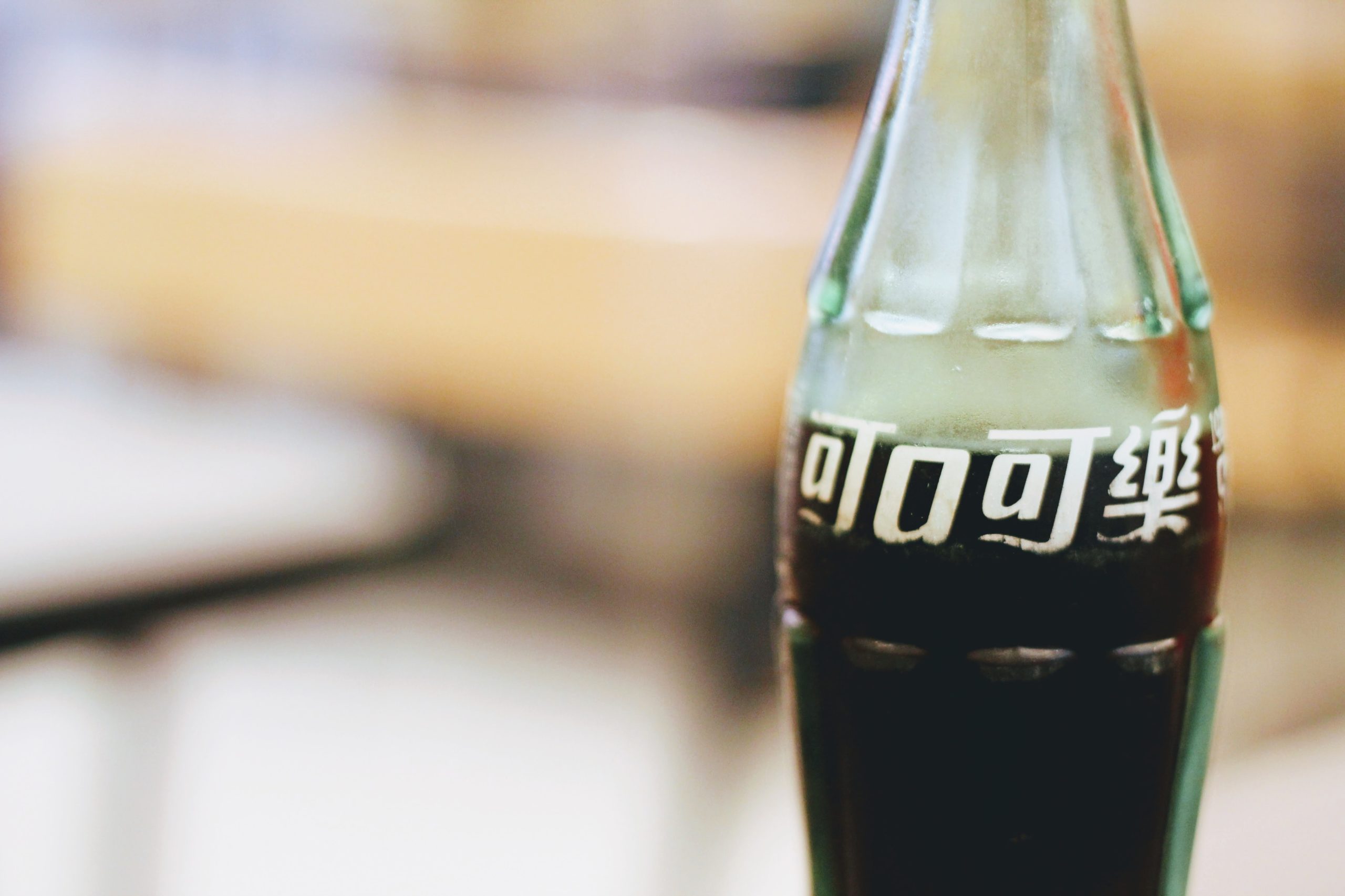
When food and beverage products enter the Taiwanese market, is it advisable to use labeling in the original language only, or can you just translate it into traditional Chinese characters based on the original labeling content? Perhaps surprisingly, the answer to each of these questions is, in general, “No”.
This article will shed some light on the legal and linguistic issues involved in labeling items and using promotional claims for food and beverage products (“food products”) in Taiwan.
1. What the law says
The most important law dealing with the labeling of food products in Taiwan is the Act Governing Food Safety and Sanitation (the “Food Safety Act”). However, other laws and regulations may also be applicable depending on the nature of the products. For example, if a beverage contains more than 0.5% alcohol by volume (ABV), it will be classified as an alcoholic beverage, which means it will be governed by the Tobacco and Alcohol Administration Act.
2. What language should be used in labeling
In accordance with the Food Safety Act, except for internationally accepted symbols (e.g., kcal), labeling of food products should list all information in Chinese, written in traditional Chinese characters. Information can also be supplemented with additional text in English or other foreign languages.
To meet the language requirement, Taiwanese distributors of imported food products typically affix a separate sticker written in traditional Chinese characters in cases where the original packaging is not already localized for the Taiwan market.
Because Taiwanese distributors usually use a white sticker, some brands prefer to label their products themselves, and will discuss this with their Taiwanese distributors in advance. For instance, one well-known mineral water brand prefers to print its own translucent labels in order to maintain its brand aesthetic, and works with its Taiwanese distributor to ensure the labeling information complies with Taiwan law.
3. What information must be included on labels
3.1 General requirements
Compulsory labeling items for food products include: (i) the product name, (ii) a list of ingredients, (iii) net weight, volume, or quantity, (iv) a list of food additives, (v) information about the producer, or the local importer or distributor, (vi) the place of origin, (vii) the expiry date, (viii) nutritional information, (ix) a list of any genetically modified raw materials, and (x) any other information requested by the government.
Among these compulsory labeling items, please note that nutritional information must be included in the format requested by the Taiwan Food and Drug Administration (the “FDA”). The relevant categories are (i) calories, (ii) protein, (iii) fat, saturated fat, and unsaturated fat, (iv) carbohydrates and added sugar, (v) sodium, and (vi) other nutrients mentioned or declared in a claim on the product packaging. The quantities of the various categories can be written either as ratios expressed in terms of standard units (e.g. grams of sodium per 100 grams of the product) or as percentages based on the recommended intake of an average person per day in Taiwan.
Containers or packaging should not include claims or declarations regarding the nutrients contained (or not contained) in the products, unless: (a) claiming such nutrients is permissible, and (b) certain FDA standards are met. For example, declarations such as “low calorie” or “low energy” are not allowed unless the caloric value is lower than 20 kcal per 100 ml. Also, in order to claim that your product “contains Vitamin C”, the quantity of vitamin C should exceed 7.5 mg per 100 ml.
3.2 Specific requirements
The FDA has different labeling rules depending on the ingredients contained in a product. For example, prepackaged food products containing allergens should be clearly labelled with warnings on their containers or packaging. Prepackaged food products that contain genetically modified organisms (GMOs) should display the words “genetically-modified” or “with genetic modification” on the products.
4. Misleading, exaggerated claims, or those implying medical efficacy
The Food Safety Act provides that claims or declarations on labeling, promotional material, or advertising material should not be false, misleading, or exaggerated, nor should they imply medical efficacy. Generally speaking, a claim related to maintaining or improving organ function, tissue function, physiology, or physical appearance would be deemed misleading or exaggerated, except for those specially permitted by the FDA under the relevant regulations. For instance, a claim that a product “strengthens the body’s immune system” may be deemed misleading or exaggerated by the FDA, as this claim references maintenance or improvement of human physiological function. However, such a claim could be replaced with a permissible claim that the product “enhances physical strength”. In addition, please note that use of the word “health” as a part of food products’ name would be deemed misleading unless the specific food product has been certified as a health food in accordance with the applicable law. In any event, the question of whether labeling, promotional material, or advertising material might be false, exaggerated, or misleading will be assessed in its entirety on a case-by-case basis.
For more information on product labeling matters in Taiwan, please contact Ling-ying Hsu at lhsu@winklerpartners.com.
Written April 23, 2020 By Ling-ying Hsu, Yen-yi Wu.

